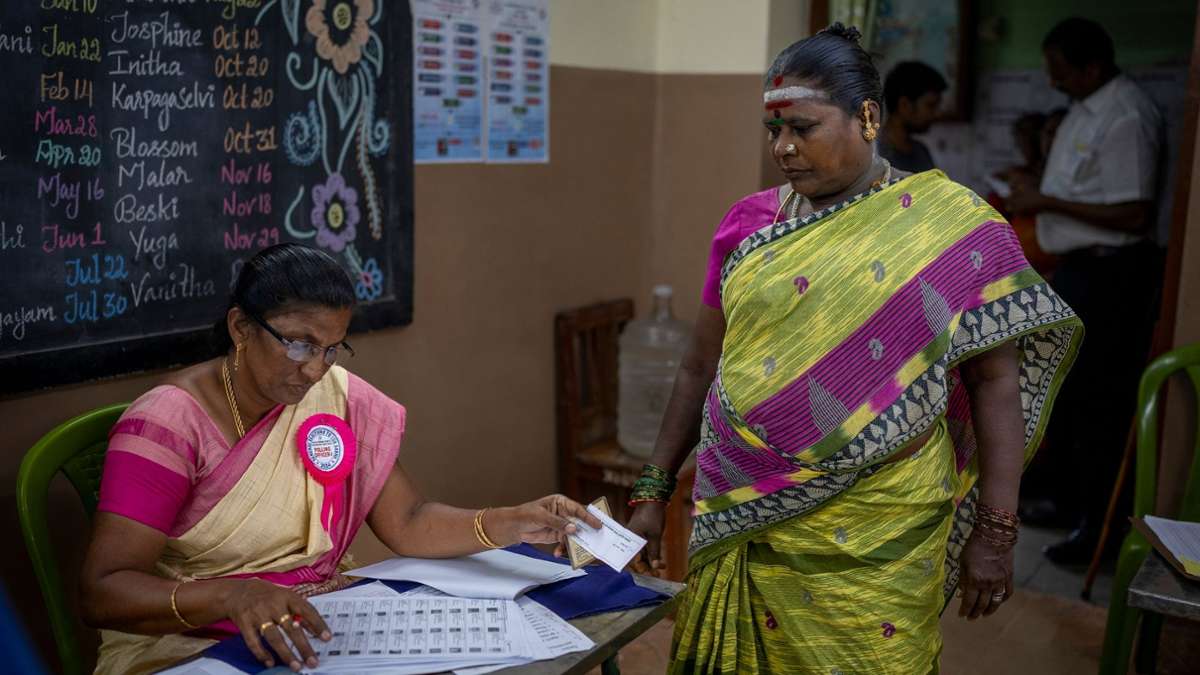Several factors are unusual about the current heatwave in South Asia: its large spatial spread, unprecedented intensity, and early onset. Experts assume that a heat wave like the current one would occur every 50 years before global warming. Mariam Zachariah of the Grantham Institute from Imperial College London added: “Now this is a much more common occurrence. We should expect such high temperatures every four years.”
The extreme heat in India is after analysis by Mariam Zachariah and Friederike Otto of Imperial College London as a consequence of climate change: “And as long as greenhouse gas emissions are not stopped, such events will occur more frequently.”
WMO Secretary General Petteri Taalas warns against hasty conclusions: “It’s too early to attribute extreme heat in India and Pakistan solely to climate change.” But he also agrees: “But it’s in line with what we would expect from climate change. Heatwaves are more frequent and more intense and started earlier than in the past.”
German Climate researcher Stefan Rahmstorf says at Deutschlandfunktoday there are eight times more record monthly heat than would be expected in a stable climate: “That means one in eight such records will occur by chance, seven added by global warming.”
From German weather service (DWD) says clear: “Spring heat is not just a single ‘natural oddity’, but an increasingly common symptom of global warming.” According to a study by the Indian Meteorological Department, the frequency of heat waves in India is increasing dramatically. In the period 1981 to 1990 there were only 413 days with a maximum temperature of at least 40 degrees Celsius, from 2011 to 2020 it was 600 days. In addition, sometimes there is an extreme rainfall deficit. All this makes India one of the “global climate change hotspots”.
In addition to the dozens of deaths, serious consequences in India include a partial collapse of water supplies and a decline in grain yields of ten to 35 percent. sharp increase in energy consumption with a recent power outage that lasted hours and many fires, especially in landfills, from which toxic gases then rose again.
In neighboring India, Pakistan, authorities have warned of flooding and the risk of glacial water spills due to fast melting snow in the northern Hindu Kush. Also NASA shows this fact there.
Summarizing the situation, WMO Secretary General Petteri Taalas said: “Heat waves have a multiple and tiered impact not only on human health, but also on ecosystems, agriculture, water and energy supplies, and key sectors of the economy.” The risk to society underscores why the World Meteorological Organization recommends Hot early warning system use.
This statement is in accordance with ambitious goals of the United Nations. They want to ensure that in the next five years everyone on earth can be protected from the effects of increasingly extreme weather and climate change through an early warning system. UN Secretary-General António Guterres said: “We must invest equally in adaptation and resilience. This includes information that will enable us to anticipate storms, heat waves, floods and droughts.”
And this information is very much needed. Arpita Mondal, climate researcher at the Indian Institute of Technology in Bombay, said: “1.4 billion people will be affected by this heat wave, most of which make only a small contribution to global warming itself.” In this context, it should no longer be a question of “why should people care about climate change”.
Heat remains a phenomenon in India and Pakistan – but at least the weather services of both countries were announced earlier this week Cooling in many areas and light rain. According to weather services in both states, higher-than-usual temperatures are expected again in various regions soon.

“Subtly charming web junkie. Unapologetic bacon lover. Introvert. Typical foodaholic. Twitter specialist. Professional travel fanatic.”







